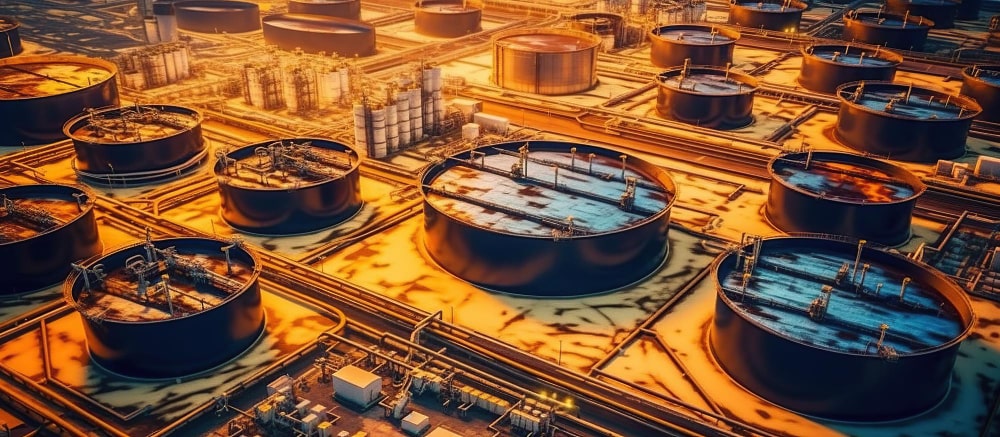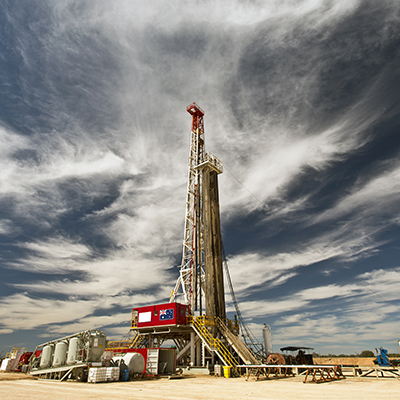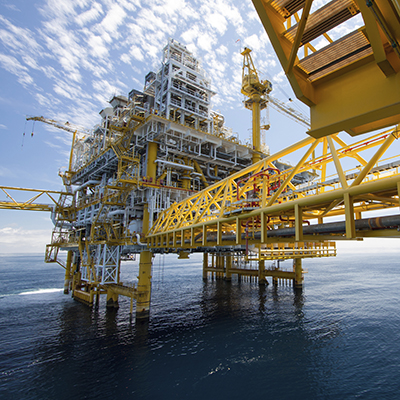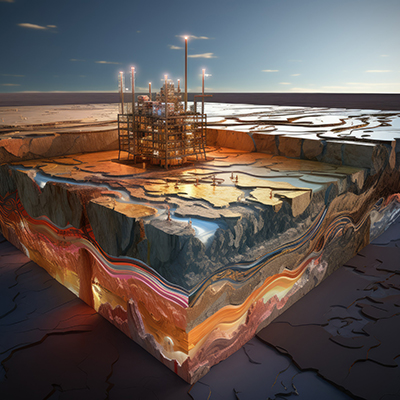Geology and Geophysics
Oil and Gas Marine Terminals

Oil Spills and Pollution: Prevention, Response and Recovery

Petroleum Refining

Renewable Energy and Sustainability

Refinery Process Yield Optimisation

Well Site Geology

Well Log Interpretation

Reservoir Geophysics

Petroleum Geostatistics

Petroleum Geophysics

Master Subsurface Exploration with Geology and Geophysics Training
Build Practical Expertise with Well Site Geology Skills
- Learn how to examine rock samples (called cuttings and cores)
- Record and describe the rock layers being drilled
- Monitor gas levels and other safety indicators
- Communicate your findings with engineers and drilling teams
Strengthen Subsurface Mapping with Reservoir Geophysics
While geologists examine rocks directly, geophysicists use technology to observe underground formations. This is called reservoir geophysics, and it plays a big role in finding oil, gas, and minerals without digging. In this course section, you will:
- Learn how to read and interpret seismic data (like underground maps)
- Understand how sound waves are used to study rock layers
- Identify where oil and gas might be trapped underground
- Support teams in deciding where to drill and how to manage resources
Develop a Strong Foundation in Geological Sciences
- The basics of rock types, soil layers, and minerals
- How natural forces like wind, water, and earthquakes shape the land
- How to read and create geological maps
- How to write clear and simple geological reports
Advance Your Interpretation with Applied Geophysical Tools
- Learn about tools like magnetometers, gravimeters, and seismic sensors
- Understand how to collect and organize data in the field
- Use the data to make maps and charts
- Work with professionals to interpret what the numbers mean
Apply Knowledge in Real-World Drilling and Field Operations
Understanding the fundamentals and applying them in real-life situations is essential. That’s why our program includes training in drilling and field operations. You’ll learn how to:
- Work safely and responsibly at drilling or exploration sites
- Understand the different roles of a drilling team
- Solve problems on the spot using geological and geophysical knowledge
- Support engineers and field staff during real-time operations
Why Choose MTCTCL for Geology and Geophysics Training?
- Practical learning – You’ll work with real data and real tools
- Experienced instructors – Our trainers have field experience and know how to explain things clearly
- Flexible learning – Choose online, classroom, or blended learning to fit your schedule
- Career-focused training – Get help with building your CV and preparing for job interviews
- Recognized certification – Our training certificate is respected in the industry
Who Should Join This Program?
- University students studying geology, geophysics, or related subjects
- Recent graduates looking for job-ready skills
- Professionals in oil and gas who want to refresh or expand their knowledge
- Field technicians who wish to grow into more advanced roles
- Anyone looking to switch careers and explore the natural sciences
What You’ll Achieve
By completing this training, you will:
- Understand how geologists and geophysicists study the Earth’s subsurface
- Get practical training with tools and skills used on real job sites
- Be ready to work in field roles related to drilling, mapping, and exploration
- Receive a recognized certificate that proves your knowledge and skills
- Grow your confidence in working on real exploration projects
Start Your Journey with MTCTCL Today
Ready to Get Started?
Join MTCTCL’s program today and take your first step toward a rewarding career. Our friendly team is here to guide you every step of the way.
FAQs
- What is well site geology used for in drilling operations?
- How does reservoir geophysics benefit oil and gas exploration?
- Are these courses suitable for early-career geologists?
Well site geology plays a key role during drilling. It helps geologists understand what kinds of rocks the drill is passing through. These geologists also check for signs of oil, gas, or other valuable materials while drilling occurs. Their reports help the drilling team make quick and smart decisions on-site.
Reservoir geophysics uses sound waves and other tools to monitor the underground without digging. At MTCTCL, the training helps you understand how this helps companies find the best places to drill for oil and gas. It reduces guesswork, saves money, and improves safety.
Yes. MTCTCL’s courses are designed for learners at all levels, especially those just starting their careers. You don’t need years of experience to join. We explain everything in clear, simple language and provide hands-on practice.

